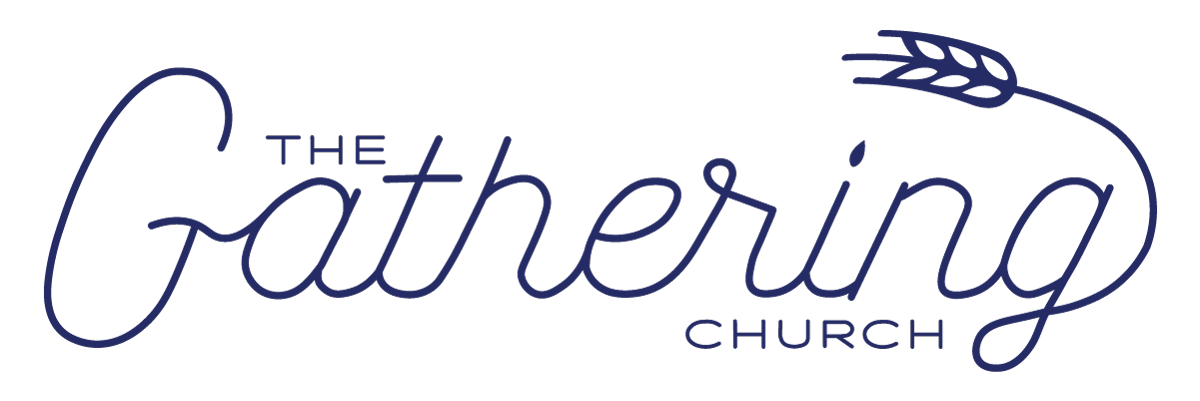I’ve been thinking a lot about zombies lately. Okay, to be clearer, I’ve been watching the AMC television show, Walking Dead, and that has stimulated most of these thoughts. I haven’t just been thinking about zombies for the heck of it.
If you’ve never seen the show, it takes place in Georgia in the wake of some mysterious, unforeseen event that essentially turns the world upside down. Dead human beings, as the title suggests, walk. Not only do they walk, but they voraciously seek to convert the living into the living dead. Even as the living try to fend for them selves by really killing the walking dead. New categories: not just living and dead, but rather living, “walker,” and dead.
What’s particularly poignant is how the show approaches the important questions of human existence in the face of such terrible circumstances. How do we negotiate these new categories? Just what is a human being? When does a human being cease to be a human being? Does crisis allow us to throw off all of our previous moral commitments for survival’s sake? Is there any hope? For healing? For safety? For true resurrection? The characters have to adjust to a new normal. They can’t take the things for granted they once relied on. They’re confronted with the reality that the categories of life and death have been drastically redefined. They’re living in a world after the end of the world.
This week’s story from our continuing Acts narrative squeezes in two healings (not quite resurrections, but close!) right in the middle of two significant thematic moments: Paul’s conversion, which marks the end of the mission to primarily Jews, and Cornelius’ conversion, which marks the beginning of the door being blown open and Gentiles coming to faith in Christ en masse.
Peter encounters a paralyzed man named Aeneas and a dead leader in the Joppan church, named Tabitha. Each story starts with a pretty bleak outlook and ends with life!
I wonder if, in the wake of the cross and resurrection, in light of the gift of the Holy Spirit, Peter was constantly having to re-adjust?
I wonder if, like a pilot coming out of a spin, he had to take a second, look at his instrument panel, and figure out just which way was up?
Like Rick and the rest of the crew from Walking Dead, early Christ-followers, especially the apostles (like Peter) were figuring out how to live in a world after the end of the world. Perhaps more importantly, they were learning how to live in a world after the cross and resurrection.
I look forward to learning and listening with you this Sunday. May the Lord continue to open our eyes and ears to the impact and echoes of his cross and resurrection life in this world and through His Church. –Chris Breslin


